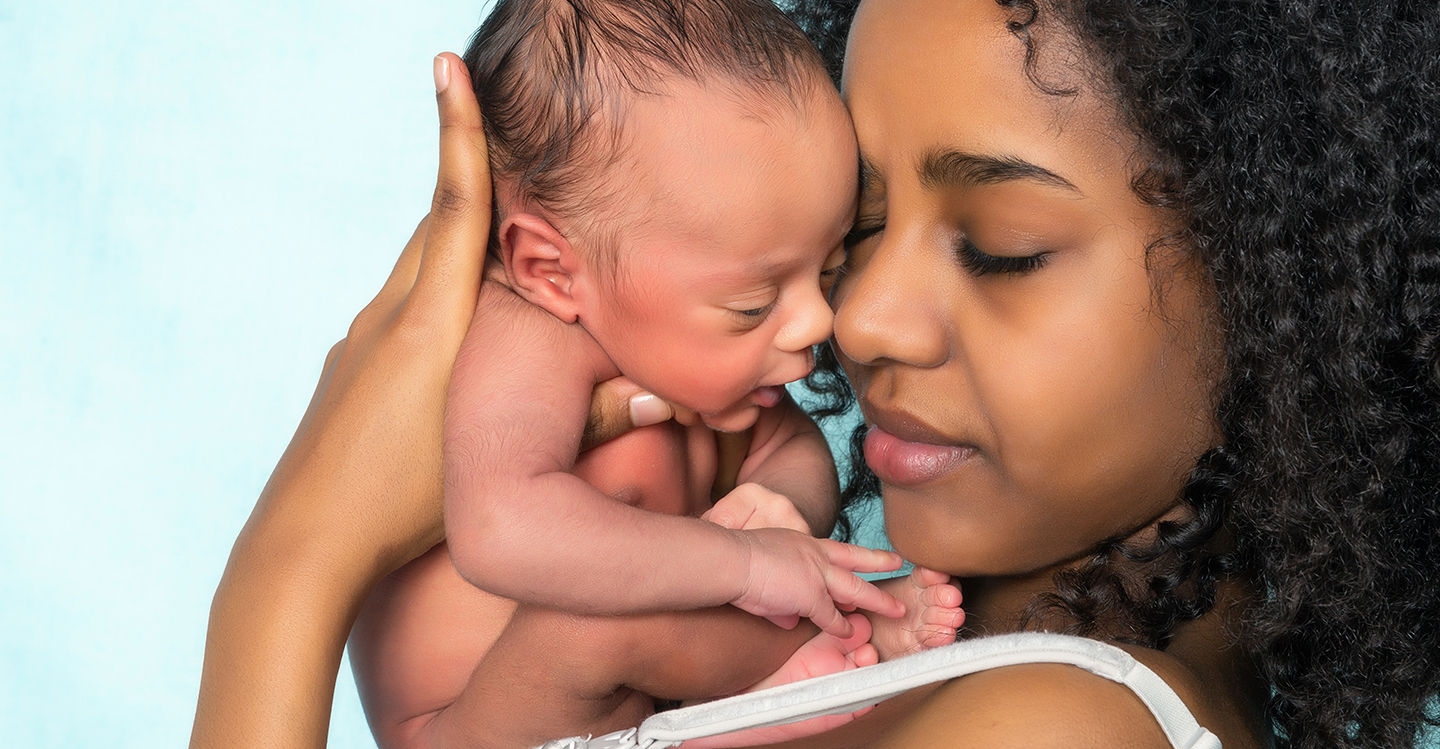Common changes to your body to expect after pregnancy and birth can include:
Uterus pain
Your uterus will shrink to half-size immediately after childbirth. Your bump may stick around for up to six weeks. It takes time for the tissue to regain its elasticity. This can pick up the pace if you're breastfeeding, as it releases hormones that can trigger contractions. This can sometimes feel like a mild form of labour contractions or period cramps.
Perineal pain
The perineum is the area between your vagina and anus. It will be particularly sore if you have had any tearing or surgery in the area. You can try managing the pain with heat packs or hot water bottles or use painkillers as advised by a doctor. Pouring warm water over the area as you urinate may help reduce the stinging pain experienced if your perineum is torn.
Breast tenderness
If you're breastfeeding, your first few days will be spent feeding colostrum – a nutrient-rich substance – to your baby. After this, you'll start producing breastmilk which can cause your breasts to become tender and sore. This soreness may reduce after you get into a rhythm of breastfeeding and your baby starts ingesting higher quantities of milk. Many women struggle with breastfeeding. This is normal and could be helped by consulting a lactation professional or your child and family health nurse.
Vaginal bleeding
For the first four to six weeks after birth, vaginal bleeding will continue. Some of this bleeding can be quite heavy and may even be clotted. This should fade after four to six weeks and may change in colour from a bright red to a lighter tinted red-brown or pink before stopping.
If the clots increase in size to over an inch wide, or the bleeding increases, you should see a doctor immediately.
Recovering from stitches
You will have stitches if you had a caesarean, vaginal tearing or an episiotomy. These can become itchy or scabby as the healing process takes place, so it's essential to look after the areas with clean, warm water followed by drying them gently with a patting motion.
Fatigue
The fatigue that follows your labour may continue as you adjust to your baby's feeding routine. Newborns can have up to 12 feeds every 24 hours. They haven't yet adjusted to the circadian rhythms of day and night (i.e. your sleep cycle). Catch as much sleep as you can, and seek the support of others who can help you to get a more continuous block of sleep in.
Incontinence, constipation and haemorrhoids
The trouble with your bowel movements, or constipation, can be a symptom of the changes occurring to your uterus and the stress of the pregnancy itself. The added pressure when passing stools can cause swollen veins or small ruptures in and around your anus. You can also have problems controlling your urination or feel pain urinating due to the trauma your pelvic muscles have undergone.
This will all usually pass within the first few days or week, but ensure you're eating a diet high in fibre and drinking plenty of fluids to help things move along.
Emotional ups and downs
As with any big life change, the birth of a baby can bring ups and downs. This is perfectly understandable – your body, too, has undergone significant trauma and even something as simple as sleep is now hard to get!
This might change after the first days or weeks after childbirth, but sometimes it can persist. If you are still feeling tired, overwhelmed or worried over two weeks later, it's a good idea to speak to a professional who can help or refer you to a specialist.



